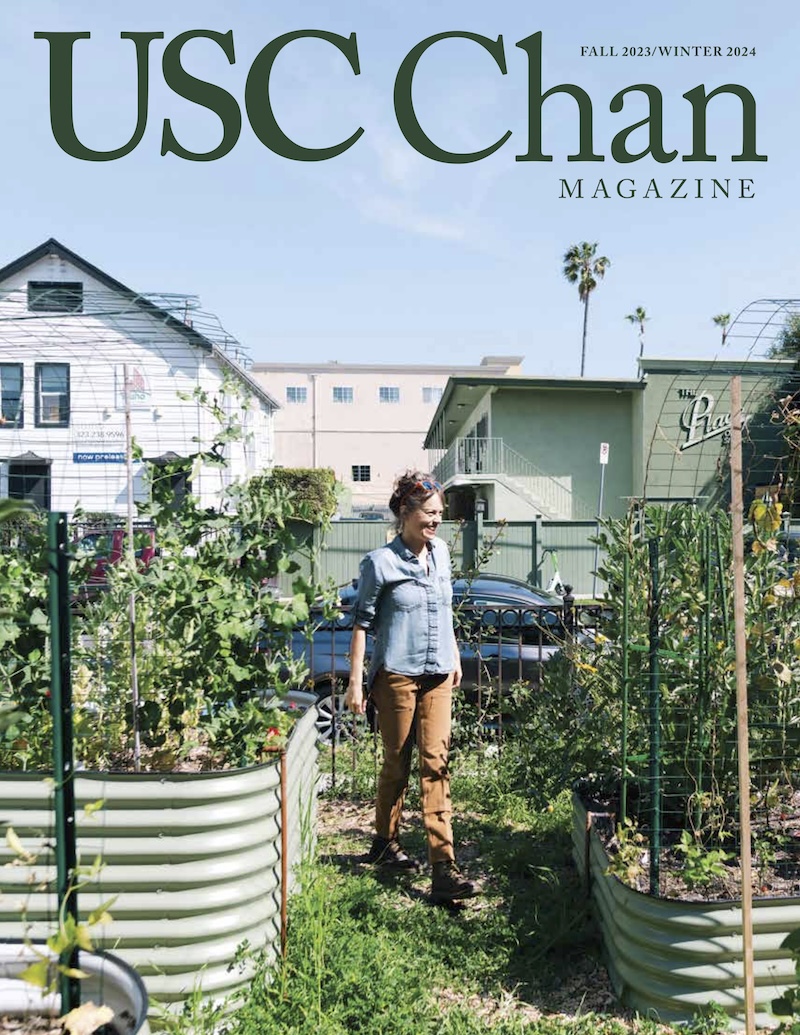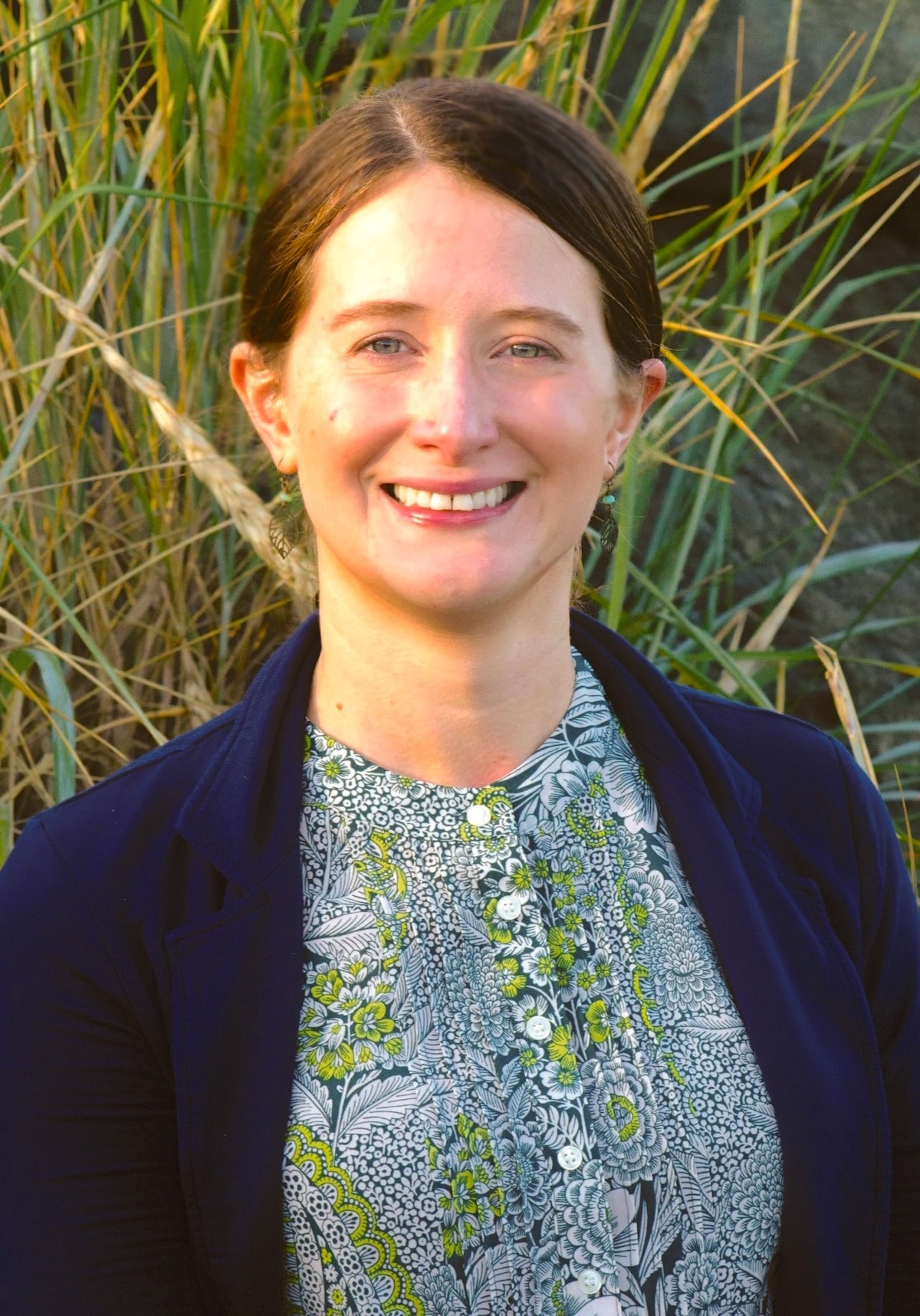Research Buzz
Beyond the Spectrum
Rethinking autism research from the perspective of an autistic researcher.
By Ellie Taylor PhD ’25
Before coming to study at USC Chan, I worked as a counselor and research assistant at a program for young adults experiencing psychosis. Traditionally, care providers determine the objectives of psychosis care and research, and then enforce compliance from youth and their families. However, this approach has often backfired because it incites distrust between providers with institutional knowledge and community members who have lived experiences.
The program where I worked uniquely employs collaborative interventions and Community-Based Participatory Research (CPBR) informed by the Disability Rights Movement. I learned that honoring lived expertise humanizes and empowers those who have been endemically silenced. I witnessed, too, how including communities in the process of priorities-setting can foster engagement and achieve outcomes that changed the trajectories of young lives.
These experiences resonated with me as I embarked upon my PhD journey in 2020. Ultimately, they led me to autism research. Autistic people are increasingly advocating for greater inclusion in the studies and practices related to them. As a member of the autistic community myself, I am passionate about promoting inclusion and equity, particularly among traditionally underserved populations (including adult women).
My occupational science dissertation will explore autistic experiences of intersectional stigma and performativity using a mixed methods participatory-social justice design. I draw from an intersectionality lens, queer and critical disability theories and an occupational justice framework. I aim to establish a career focused on community perspective elicitation, transformative and participatory approaches and neurodiversity-affirming care.
In pursuing these goals, I am privileged to be mentored by Assistant Professor Amber Angell and to collaborate with fellow members of the Disparity Reduction and Equity in Autism Services (DREAmS) Lab. I continuously learn from Dr. Angell’s skilled, supportive mentoring and from the partnerships that our lab has built with community members.
I currently assist with DREAmS research related to autism clinical interventions and health disparities. One example includes a study titled “Occupational therapy for children with autism during the COVID-19 pandemic: What factors influence delivery of telehealth services?” This project explored the narratives of occupational therapists and parents of autistic children regarding their transition to telehealth occupational therapy during the COVID-19 pandemic. I conducted a secondary analysis of this data to examine accounts of the autistic children’s experiences. I am also project lead for the survey study “How do LGTBQIA+ and heterosexual autistic adults experience health care?,” which assesses autistic participants’ ratings of health care services.
Drawing from narratives of autistic self-advocates, I authored the theoretical paper “Beyond ‘bad’ behaviors: A call for occupational scientists to rethink autism” (2023). In the paper, I call for increased autistic representation in research and for broader recognition of the complex subjectivity and occupational salience underlying autistic behaviors. In addition to autism research, I partnered with an amazing team of young adults with social media savvy and diabetes expertise. Together we developed a virtual recruitment campaign for the Resilient, Active, Living, Empowered–Telehealth (REAL-T) Diabetes Study led by Principal Investigator Beth Pyatak.
Beyond my scholarly activities, I contribute to neurodiversity advocacy and education. For instance, I organized and co-facilitated a neuro-diversity panel at the USC Chan Division. I received the Lisa A. Test Scholarship for my research and advocacy efforts. I also teach and guest lecture on neurodiversity-related topics. Last semester, I co-instructed a course on autism development across the lifespan with Associate Clinical Professor Linsey Grunes. Finally, I serve as a member of the Autistic Researchers Committee at the International Society for Autism Research (INSAR). I received a INSAR Autistic Researcher Award to present a poster on autistic children’s experiences of telehealth occupational therapy at the INSAR 2023 Annual Meeting.
I am fortunate to have had these rich opportunities, and I look forward to continuing my growth at USC Chan.
⋯







